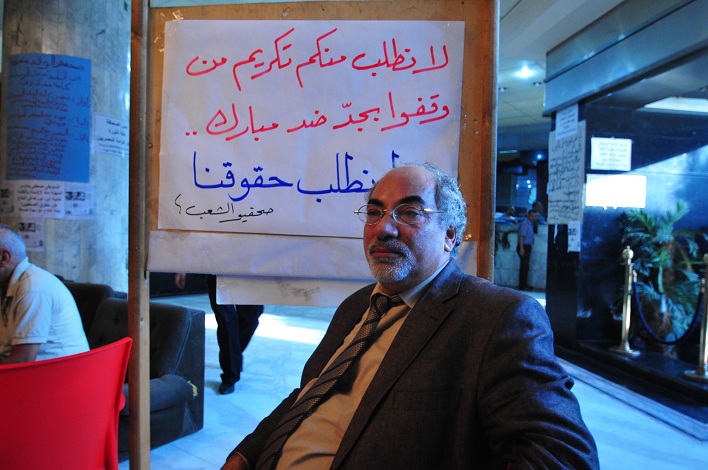By Reem Abdellatif
CAIRO: Orascom Housing Communities (OHC) is currently developing the new phase of Haram City, its flagship low-income housing project.
The newest phase, called Haram Life, spans 504,000 square meters.
Samih Sawiris, chairman and CEO of Orascom Development Holding, which has a majority stake in OHC, said at a conference that Haram Life will adopt a housing style “catering to a larger pool of Egyptian society.”
The company’s project in Fayoum, however, was described by Sawiris as “a failed project,” the challenge now being to sell at reasonable prices.
The project was not as successful as Haram City, he added, and OHC is currently renegotiating with the government to see what will be the most suitable solution.
“The amount of poverty in the city was beyond what we imagined or expected,” he said. “People’s income was not enough to afford any kind of housing. These are people who are making about LE 200 or 300 a month.”
He did not elaborate further.
“Haram Life is our newer project,” said Omar Elhitamy, managing director of OHC. “We’ll be creating our own solutions to alleviate sewage and water problems inside the city, without the help of the state.”
After Egypt’s revolution overthrew Hosni Mubarak’s three-decade regime, whose social and economic policies were seen as the main factor in widening the gap between the rich and poor, some companies are finding a niche in meeting certain needs.
In the real estate sector, the shortage of low-income housing supply has for years been glaring, but was largely left unaddressed.
“For the first time in Egypt, there will be land specialized for the poorer [segment] because they are the ones who need it,” Sawaris said. “They are the workers, the youth who need to be close to the city, unlike the extremely wealthy who have cars and can easily get where they need.”
While there was always a need for more housing communities, especially in condensed Cairo, experts say the segment of real estate that is more in need should now be the focus.
“Property in the Class B and C segments is what will be selling now,” Hisham Halaldeen, senior investment analyst at Naeem Holding said. “You won’t see anything over LE 750,000 really being sold, the country has always been in need of the lower segment housing, now more than before.”
Top property developers Talaat Moustafa Group and Palm Hills Development are currently facing lawsuits for buying underpriced land directly from the state as opposed to through a public auction. Projects on this land mainly targeted upscale housing needs.
Sawaris however, said that this land could have been used more wisely. “Why sell land in places like Hurghada for example, to individuals and for $10 or $100,” he said.
“These lands should have been sold at an auction going for the highest price, how can I sell this kind of land to an individual for next to nothing? Clearly there was something wrong there.”
OHC is also exploring expansion prospects in Romania, Turkey, Iraq and other African countries.
“Proud” of Orascom’s feat in creating communities like Haram City, he said the company provided low-income housing, something the state has not been able to accomplish for years.
Sawiris said OHC’s projects became the first in Egypt to provide fully-equipped neighborhoods for low-income families. To be eligible for these communities, each resident cannot make more than LE 1,500 per month, and each family’s income cannot exceed LE 2,500.
With 4 million citizens living in poverty, Sawiris said people often found themselves not being able to afford housing and thus resorted to starting “informal” communities.
These communities would start by one or two families building their own homes, without a proper license, and consequently the homes would lack proper sewage systems, water, and basic amenities.
“Before, the state would give specific kinds of land, good land, for richer communities to be built,” Sawaris said. “So, poorer citizens started informal housing as a result of the government’s policies; people simply didn’t respect the law because the law didn’t respect them.”
Haram City, launched in May 2007 in Sixth of October City, is a fully-integrated community with 70,000 housing units.
“We bought this land on the basis of not asking the government for anything, whether it’s water or electricity,” he added. “The nation did nothing but give us this land and tell us to deal with it, and we did.”


